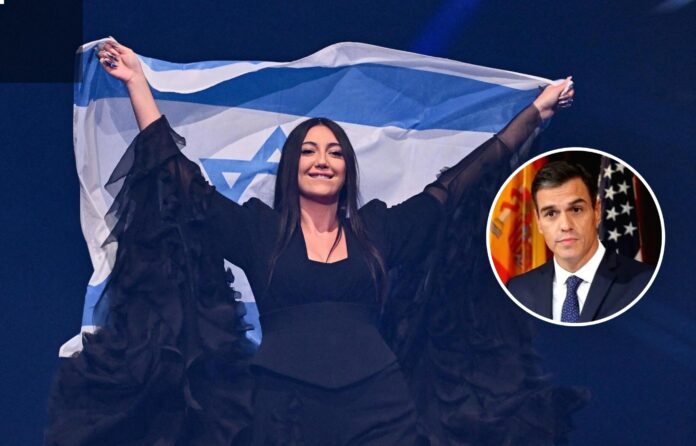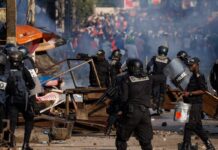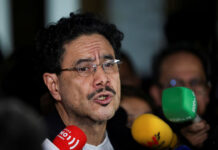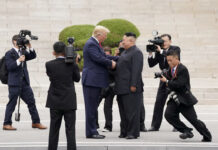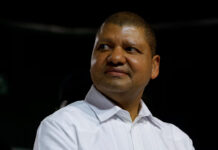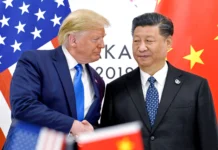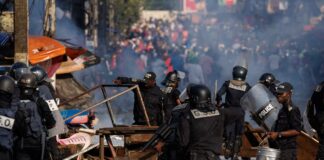Spanish Prime Minister Pedro Sánchez has publicly called for Israel to be banned from the Eurovision Song Contest, citing the country’s ongoing military operations in Gaza and drawing comparisons to Russia’s 2022 expulsion from the competition after its invasion of Ukraine.
Speaking at a news conference in Madrid, Sánchez said:
“Nobody was up in arms when the Russian invasion of Ukraine began three years ago and [Russia] had to leave international competitions. Therefore, Israel shouldn’t [be allowed to participate] either. We cannot allow double standards in culture.”
His remarks come two days after Israel’s entry, New Day Will Rise by Yuval Raphael, finished second overall at Eurovision 2025 in Basel, Switzerland, winning the public vote, including a surprising 12 points from Spanish viewers.
Spain’s broadcaster RTVE has since requested an audit of the voting process and aired a pro-Palestinian message before the final, defying a warning from the contest’s organiser, the European Broadcasting Union (EBU).
Israel’s Minister for Diaspora Affairs, Amichai Chikli, mocked Sánchez on social media, claiming the televote result was a “slap in the face” for the Spanish leader:
“The people have spoken – in Jerusalem, we heard it loud and clear.”
Israel’s foreign ministry also recently summoned the Spanish ambassador to protest what it called “serious and unacceptable” comments by Sánchez, including a reference to Israel as a “genocidal state” in the Spanish Congress last week.
A Divided Europe
The controversy has amplified debate around politics in international cultural events, particularly Eurovision, which markets itself as apolitical. However, Sánchez argues that Europe’s stance on human rights must be consistent, particularly when military actions result in civilian casualties.
“Spain’s commitment to international law and human rights must be constant and coherent. Europe’s should be too,” he emphasized.
Spain officially recognized Palestine as a state last year and has been among Israel’s fiercest critics in the EU during the ongoing conflict in Gaza.
The EBU has yet to comment on Sánchez’s statements. But pressure is mounting for the contest organizers to clarify their stance on political eligibility, particularly in light of recent precedents set with Russia.
Meanwhile, Spain’s Eurovision entry, “Esa Diva” by Melody, placed 24th, far behind the top contenders, adding another layer of domestic frustration for RTVE.
The clash between popular support, government policy, and cultural diplomacy has now placed Eurovision at the center of a geopolitical debate — one that could shape its rules and representation in contests to come.









